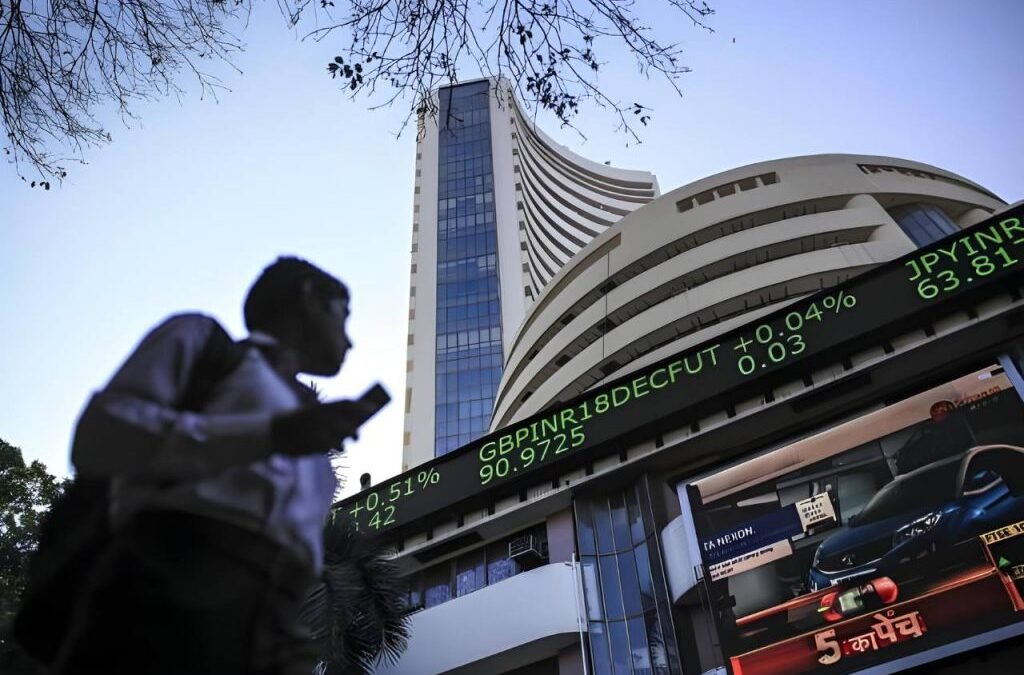As the big day for India’s largest stock exchange IPO approaches, it’s creating quite a buzz among investors. The National Stock Exchange (NSE) is currently valued at a whopping Rs 5.37 lakh crore, with shares trading at Rs 2,389 in the unlisted market. Now, all eyes are on the key players who stand to gain the most from this much-anticipated listing.
At the forefront of the scene is LIC, which stands as India’s largest insurance company and the biggest public sector stakeholder in the NSE. With a 10.72 percent stake, LIC’s investment is now valued at over Rs 59,600 crore, based on the current unlisted market valuation.
Next up is the Stock Holding Corporation, a somewhat lesser-known but strategically important state-run entity. It holds a 4.44 percent stake, currently valued at around Rs 25,000 crore, making it one of the top institutional players in the game.
The State Bank of India also makes a significant mark, both directly and through its subsidiaries. SBI Capital Markets owns 4.33 percent of NSE, valued at over Rs 24,000 crore, while SBI itself holds an additional 3.23 percent, estimated to be close to Rs 18,000 crore.
Rounding out the list is the General Insurance Corporation of India, which has a 1.64 percent stake, currently valued at Rs 9,118 crore.With such high stakes in the NSE, these institutions aren’t just sitting back as shareholders; they’re poised to be the biggest winners from one of India’s most eagerly awaited IPOs in recent years.
As the NSE gears up to go public, these early investors stand to unlock tremendous value, turning this IPO into a potential bonanza for some of India’s largest financial institutions.
Financial Highlights
NSE reported a revenue of Rs 19,177 crores in FY25, up by 17 percent from its FY24 revenue of Rs 16,434 crores. Regarding its profitability, it reported a net profit growth of 47 percent to Rs 12,188 crore in FY25 from Rs 8,306 crore in FY24.
The National Stock Exchange (NSE) is the largest stock exchange in India and one of the most developed in the world. It was established in 1992 with the intent of bringing transparency and efficiency to the financial markets in India.
NSE was the first exchange to introduce electronic trading in India, and is the iconic exchange of the Nifty 50 benchmark index, which measures the performance of 50 major companies in multiple sectors. Investors and traders can use the NSE to buy and sell shares, derivatives, and other financial instruments in a regulated and safe environment.
Written by Satyajeet Mukherjee
Disclaimer

The views and investment tips expressed by investment experts/broking houses/rating agencies on tradebrains.in are their own, and not that of the website or its management. Investing in equities poses a risk of financial losses. Investors must therefore exercise due caution while investing or trading in stocks. Trade Brains Technologies Private Limited or the author are not liable for any losses caused as a result of the decision based on this article. Please consult your investment advisor before investing.
The post Who will gain the most from the NSE IPO? Top beneficiaries revealed appeared first on Trade Brains.

